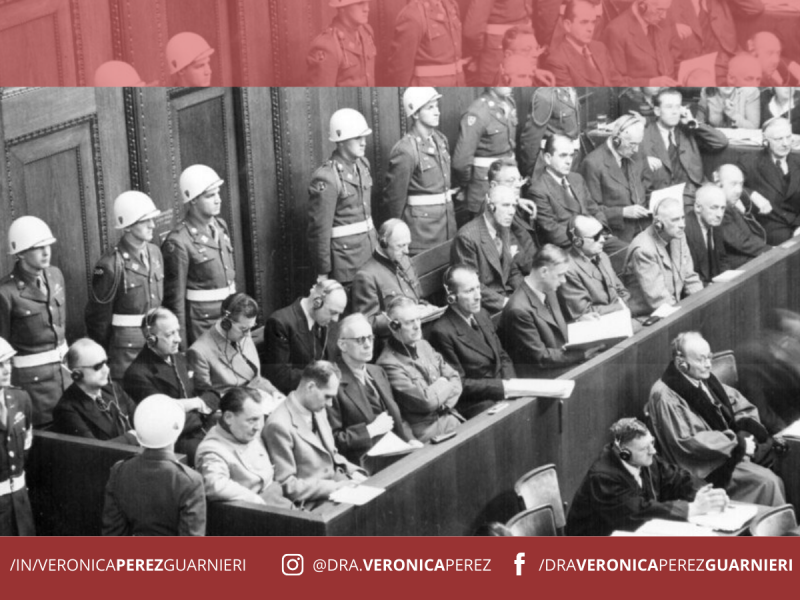Historical Background
During the AIIC PriMS Interregional meeting in London, in January 2019, veteran diplomat Boyd McCleary presented on Brexit and its implications for the world, in general, and for interpreters and translators, in particular. Here follows a summary of his presentation.
Mr McCleary covered the historical context and possible consequences of the UK's separation from the European Union. He stated that although Britain had historical ties to Europe, dating back many years, it always saw itself as somewhat apart, and different. Already at the end of the second World War, Winston Churchill understood that something dangerous was happening in Europe; and, in a major speech, in Europe, in 1946, he talked about a United States of Europe, foreseeing the Cold War and the need of European countries coming together to counter that. However, Britain decided not to join the EEC in 1957, only to change its mind in 1960. The UK applied to become part of the EEC, but President De Gaulle turned down the application, not once but twice. It was only after that De Gaulle left that Britain could join, which it did on January 1, 1973.
Moreover, there was opposition already at that time. People also talked of the end of democracy and sovereignty. The Labour Party, which saw Europe as a capitalist plot against the working man, won elections in 1974 and Prime Minister Wilson held a referendum on whether to stay in the EEC with an outcome of 2/3 to 1/3 majority in favour of staying in Europe.
So there came the Thatcher years. Margaret Thatcher was instrumental in establishing a Single Market and in advocating greater political cooperation. During Major's Premiership there emerged a group of MPs within the Conservative Party, who became the Euroskeptics. They were called "the bastards". This group is critical in understanding where Britain is today.
We finally get to Cameron, who called the famous referendum for the pressure he was under from the Euroskeptics. The campaign which preceded the referendum was a nasty ill-tempered campaign, full of fake news left, right and centre. The question asked was binary, should the UK remain a member of the European Union or leave the European Union? The campaign for the "leave" side was won by leveraging on the lack of trust for the political class. The results of the Brexit vote showed a deeply divided country. The breakdown evidenced rural-urban issues, North-South issues, South-South issues, and years of austerity.
Negotiations so far have been tough, saying that the deal was too soft for the "leave" camp, too hard for the remainders.
The future remains uncertain, to say the least, with negative economic consequences for the UK.
The implications for interpreters
The following chart taken from the same presentation shows the implications for interpreters if deal is approved or if there is no deal.

Conclusions
Britain was never sure why it wanted to join, not fully committed, the leadership failed to explain the benefits of belonging, negotiations have been poorly handled and the issue of the Irish backstop has not been properly understood, which means that if no deal is reached within two years the UK will remain in a Customs Union with the EU. Boyd McCleary concluded: “I wish I could offer you a message of support, but I’m afraid it’s a message of despair.” However, he ended on a very positive note for our profession saying that interpreters should not worry; there will be plenty of work for us for many years to come.



